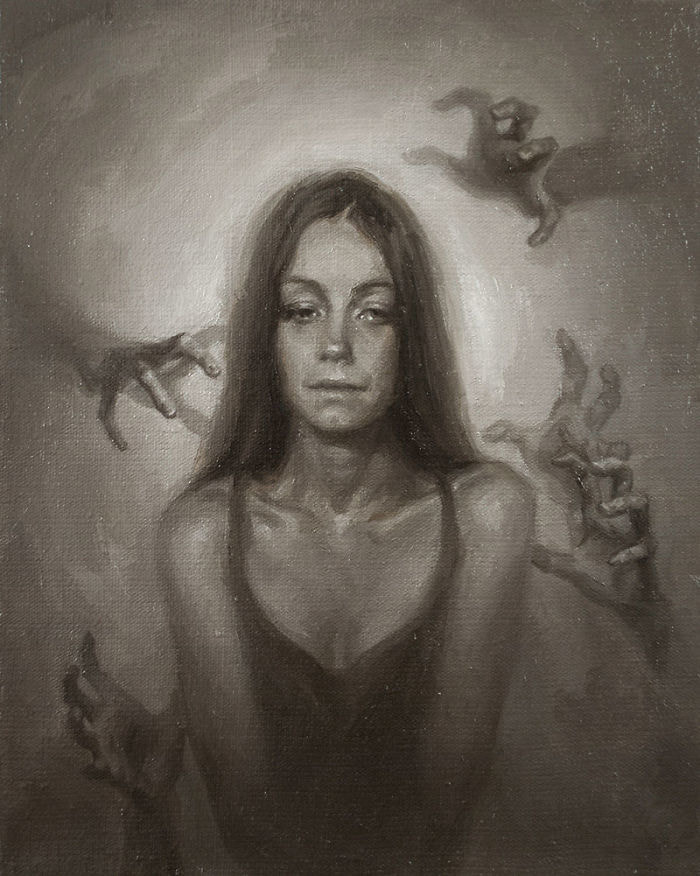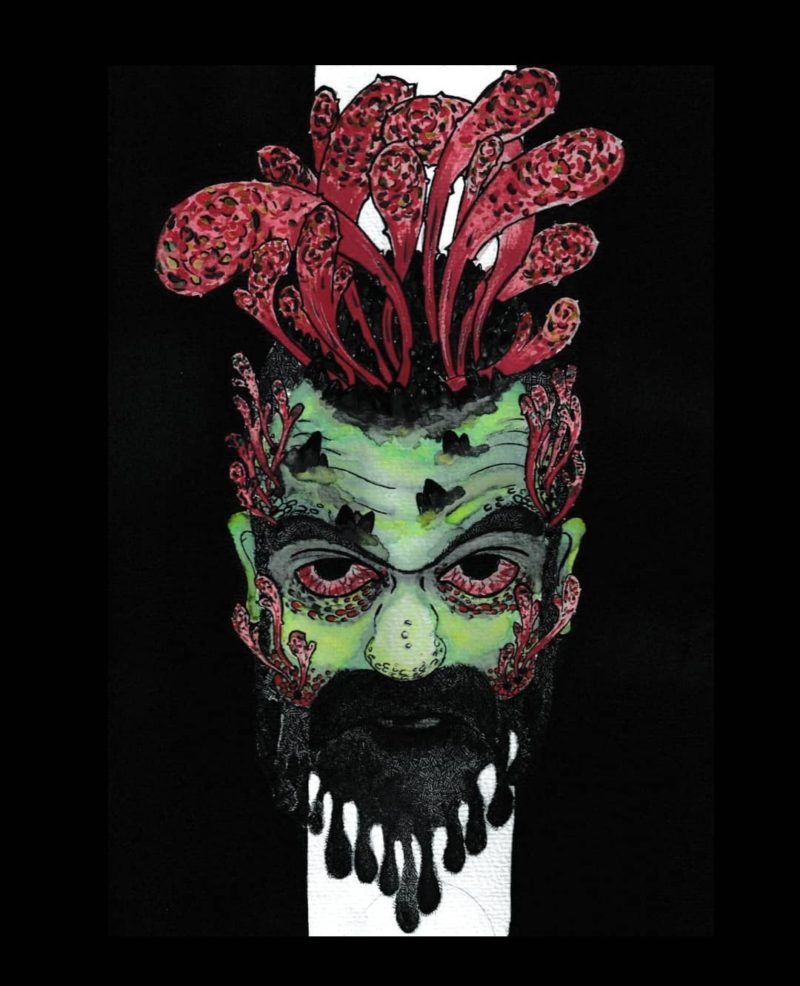The first step to achieving, both inner and world peace, is through understanding. This week, we talk about Clinical Depression; The origin of the word, the mood disorder, the misconceptions around it and what it means today.
An Overview of Clinical Depression
We all have those days where we feel a bit sad, disappointed or perhaps distressed. People often describe these periods as depressive, not knowing the magnitude of such word.
Depression is much more than being unhappy or frustrated from everything going on around us – it is a real illness you cannot snap yourself out of and can lead to the extreme extent of suicide.
Today we focus more specifically on clinical depression, the more severe form of depression also known as “Major Depression” or the “Major Depressive Disorder”.
According to WebMD, “it’s marked by a depressed mood most of the day, sometimes particularly in the morning, and a loss of interest in normal activities and relationships — symptoms being present every day for at least 2 weeks.” Some of the symptoms include feeling worthless, restlessness disrupted concentration, insomnia or hypersomnia and weight loss or gain.
Interesting Facts on Clinical Depression
Clinical depression interferes with an individual’s daily functioning and can affect almost anybody at any age whether adults, teens or children. However, some people are more prone to being diagnosed with clinical depression than others.
That being said, females are more likely to develop major depression than men due to “hormonal changes during puberty, menstruation, pregnancy, miscarriage, and menopause[which increase the risk],” WebMD.
As claimed by eMedicineHealth, individual’s of higher age, lower socioeconomic class, personality disorder, stressful experiences, medical conditions, substance abuse or a family history of depression commonly suffer from clinical depression as well. “Overall, between 20% and 25% of adults may suffer an episode of major depression at some point during their lifetime.”

History of Clinical Depression
Depression, as we know it today, was first developed in the second millennium B.C as a spiritual illness instead of a physical one. The written accounts of it at that time depicted that it was caused by “demons and evil spirits” which many cultures have believed to be true, according to the VeryWellMind. During the age of enlightenment, depression came to be seen as a weakness that is inherited and anyone who has it should be locked up.
In 1917, psychoanalyst Sigmund Freud proposed about “melancholia as being a response to loss, either real (for example, a death) or symbolic (failure to achieve a desired goal). Freud further believed that a person’s unconscious anger over his loss leads to self-hatred and self-destructive behavior.” (source: Nancy Schimelpfening)
What Causes Clinical Depression?
There are no accurate reasons as to why clinical depression develops, however, there are factors that trigger it.
Genes and stress are the two top contributing factors to the causation of major depression, both have the ability to affect mood stability.
Medications such as steroids and severe medical conditions like cancer also help cause this type of depression. (Healthline)
Treatment for Clinical Depression?
Yea you read that right, clinical depression can be cured no matter how severe it appears! When it comes to treating severe depression, a combination of talk therapy and antidepressants are the most effective, claims the NHS. Another treatment option for clinical depression includes electroconvulsive therapy, ECT for short, and that means shock therapy but it’s only used in severe occasions.
Furthermore, trying to maintain a more positive outlook and showing a change in behavior and lifestyle is also a step forward to getting better alongside the prescribed treatment methods, such as Cognitive Behavioural Therapy.
Treatment methods have come a long way today. Back in the early ages, major depression was believed to be best treated by “massage, diet, music, baths, and a medication containing poppy extract and donkey’s milk”, VeryWellMind.
“I have depression. But I prefer to say I ‘battle’ depression instead of ‘I suffer’ from it. Because when depression hits, I hit back. I Battle on.”
Anonymous Contributor
Clinical Depression Today
Having clinical depression today is considered to be due to several factors all of which are either psychological, biological or social. The severity of the disorder differentiates it from milder and moderate depression. Today more therapy plans such as transcranial magnetic stimulation and vagus nerve stimulation are developed to help with immediate relief. Looking at depression as a fight that should be fought will help deconstruct it’s stigmatized meaning.
Key Facts On Depression (by WHO)
- Depression is a common mental disorder. Globally, more than 300 million people of all ages suffer from depression.
- Depression is the leading cause of disability worldwide, and is a major contributor to the overall global burden of disease.
- More women are affected by depression than men.
- At its worst, depression can lead to suicide.
- There are effective psychological and pharmacological treatments for depression.
Get your writing featured on Empower Mag here!
Join the conversation on our Facebook Group: “The Empower Community”








